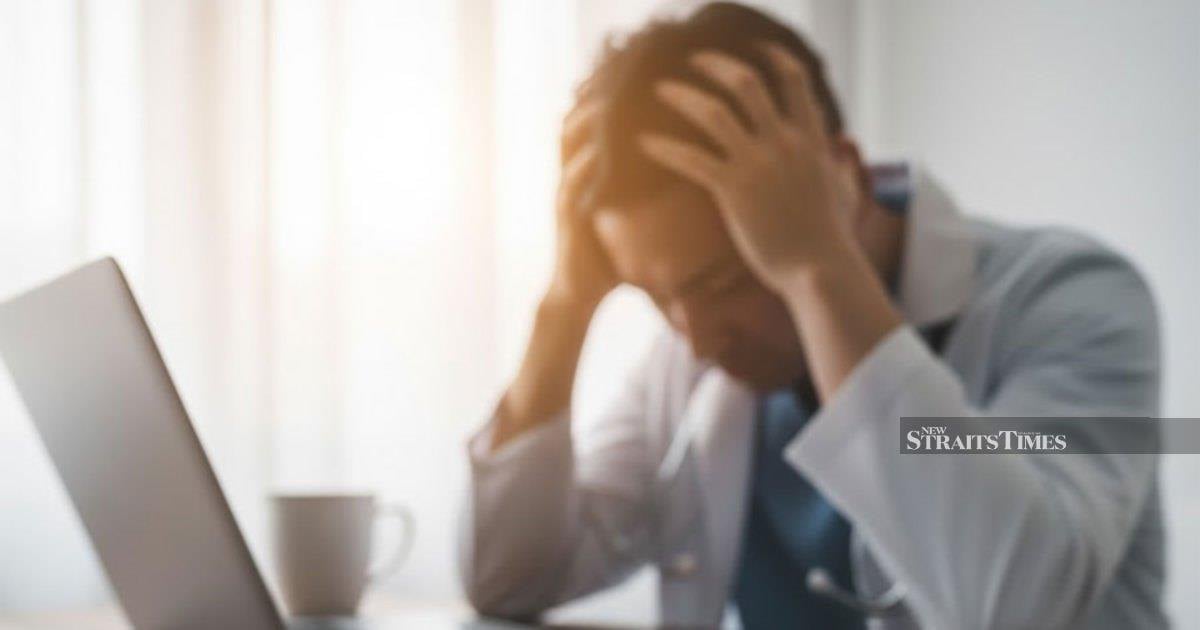KUALA LUMPUR: Mental health and well-being takes centre stage at the MMA Doctors Day Celebration, as doctors estimate about half of their colleagues suffered mental strain during their housemanship.
Dr Lianne Alychia Hendriks, a representative from the Junior Doctors Network, today said that the Covid-19 pandemic pushed them to their limits.
“I would say at least 50 per cent of my colleagues experienced mental strain when they were doing their housemanship.
“The Covid-19 pandemic pushed us to the limits.”
She said this during a forum discussion on mental health at Prince Court Medical Centre here.
Dr Nurashikin Ibrahim, director of the Health Ministry’s National Centre of Excellence for Mental Health, said that young doctors need to find a way around stress as it is part and parcel of life.
Managing stress is essential, she said, as doctors make important decisions with people’s lives every day.
“You must learn to cope. How? You need to understand when you are burning out.”
She described burnout as marked by irritability, tearfulness, hazy vision and personality changes.
“You have a sign that you’re not feeling yourself.
“You isolate yourself from people, become irritable, become fidgety and get annoyed at simple things.
“You are very tired, you have unnoticed back pain or shoulder pain, or recurring headaches.”
As a result of burnout, doctors would fall ill on weekends after working during the week, and take emergency leave the next Monday.
But doctors should not shy away from help.
“Ask for help. Don’t keep quiet,” she said, adding that doctors should find things that bring them joy, such as listening to music, karaoke or hiking.
Deep breathing techniques, such as the lemon squeeze or the butterfly technique, also help, she said.
“Walk. It releases endorphins,” she added.
However, she said that there were psychosocial behind the rise in mental health issues.
“The psychosocial determinants are economic status, education, public transport and financial status.
“If the root causes are not solved, you can experience mental health issues.
“If those underlying issues are resolved, only those who truly need psychiatric help will seek it.”
Malaysia has about 500 psychiatrists in government and in private practice.
Dr Nurashikin said counsellors must be trained to identify early signs of mental health issues and screen patients before referring them for specialist care. This is to avoid burdening the system, she added.
© New Straits Times Press (M) Bhd






